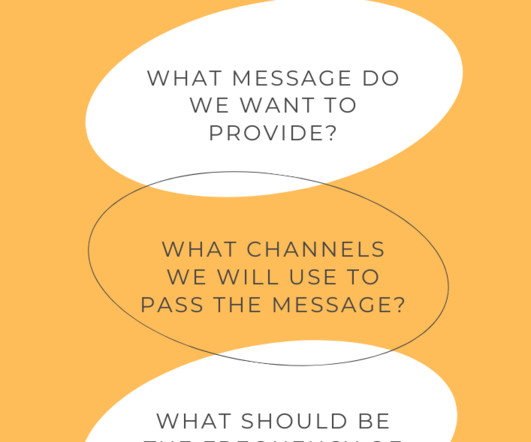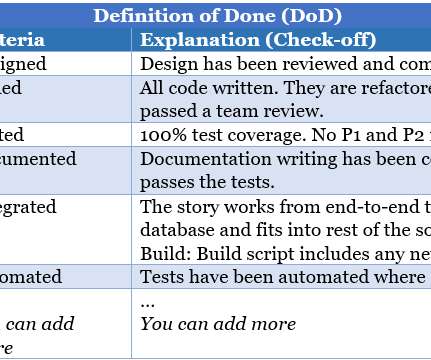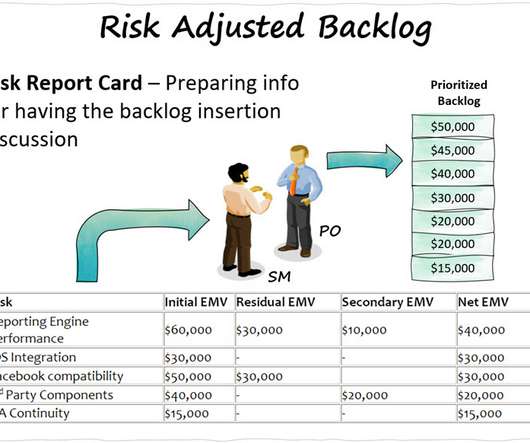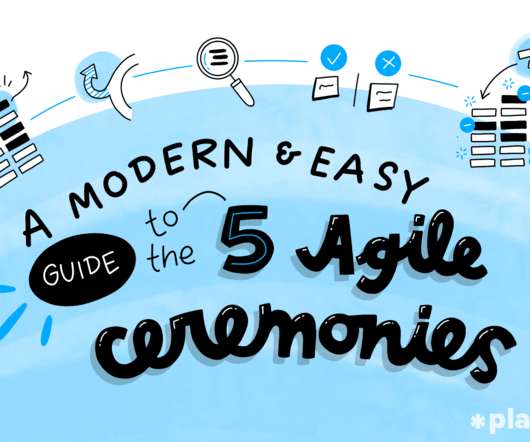Stakeholder Communication Strategy: Part 3 of 4 Steps of Stakeholder Engagement
Scrum.org
MAY 4, 2023
As not all stakeholders are the same, the product owner or manager needs to communicate with them differently as well. For example, for a SaaS (Software as a service) product, one of the key stakeholders is James Bond- Head Of IT Security. My role was to coach product owners and managers.



















Let's personalize your content